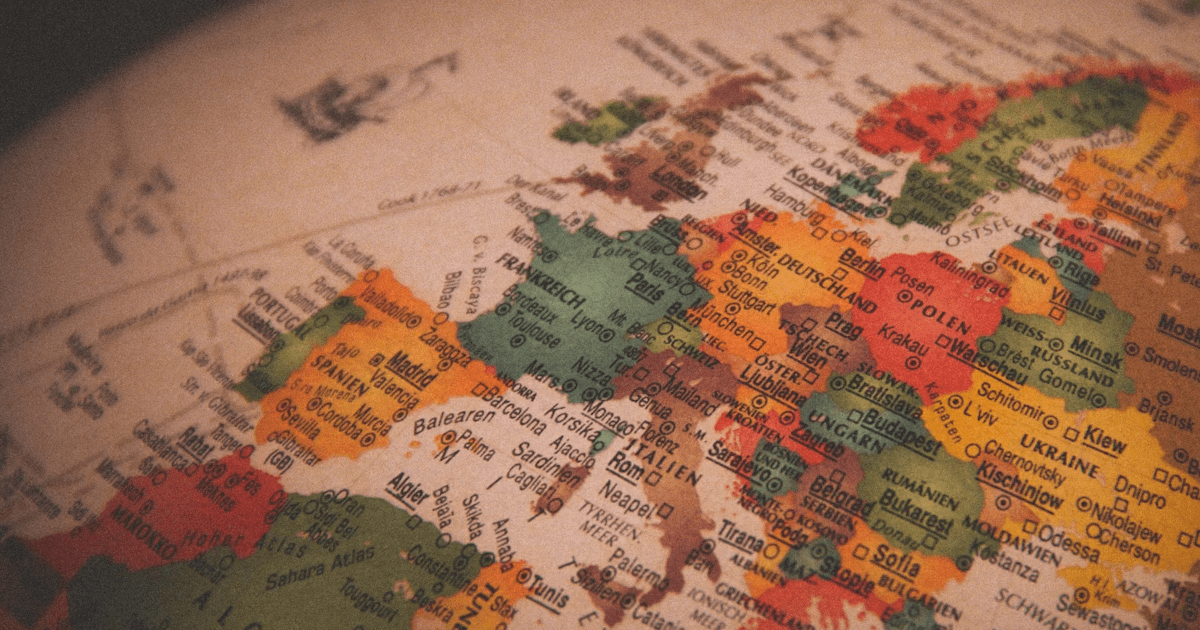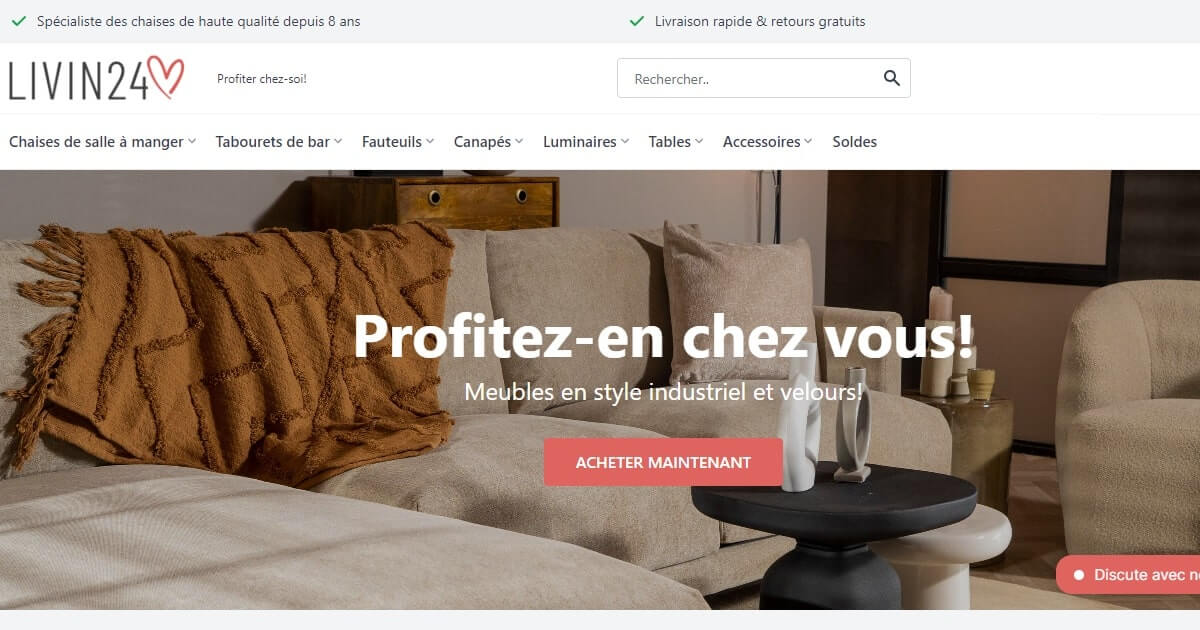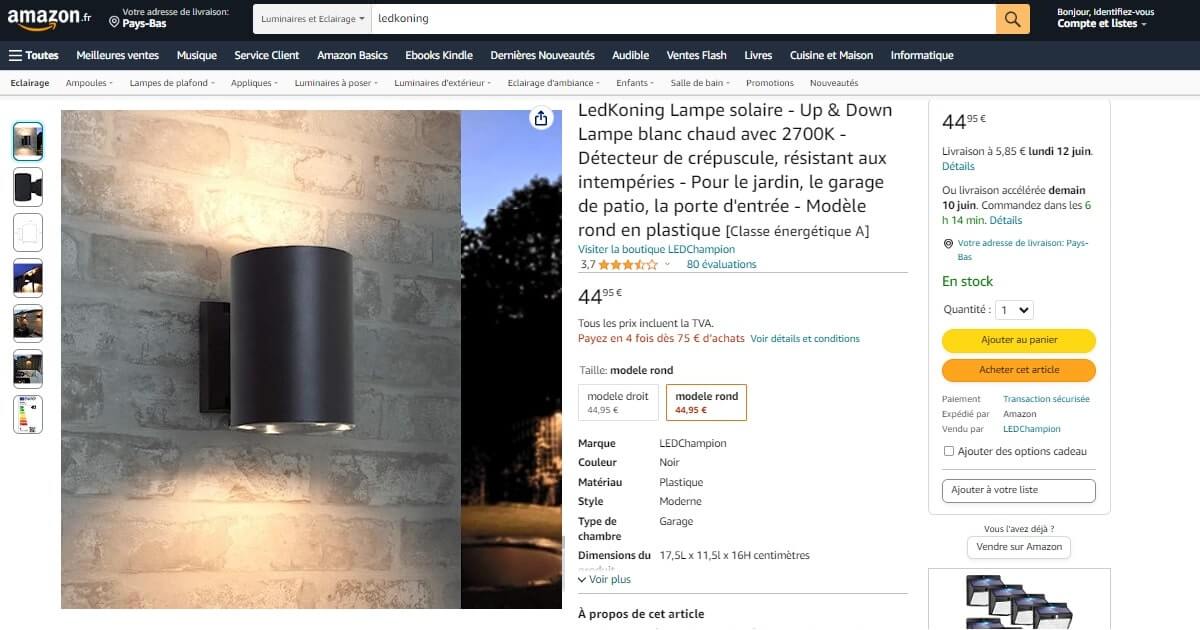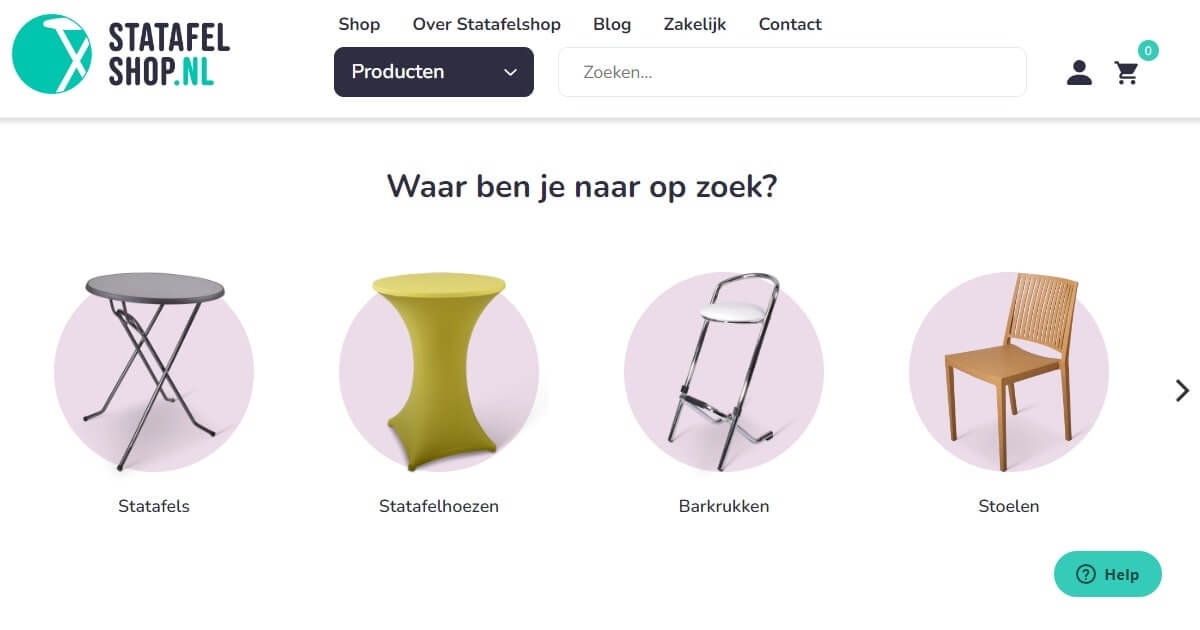Have you ever dreamt of setting up your business in a city that speaks the melodious French language? Here are ten sensational and powerful French-speaking cities perfect for establishing your business foreign branch. Allez!
Paris: The epicenter of sophistication
Oh, Paris! Known as the City of Light, it’s not just romantic but also pulsating with economic energy. When foreign investment shakes hands with this metropolis, it sparks magic. Home to haute couture and fine dining, Paris offers exceptional opportunities with its robust infrastructure and vibrant marketplace. So, if you’re keen on rubbing shoulders with the crème de la crème, Paris is your go-to.
The bustling avenues might make you lose track of time, but let’s not forget about those trade promotion offices. They provide crucial support for businesses aiming to launch their operations. And let’s not even get started on tax regulations – France boasts attractive policies for startups, making Paris a haven for entrepreneurs.
Kinshasa: The heartbeat of Congo
Isn’t Kinshasa the city that’s always too cool for school? It’s the megacity of international business in Africa’s Francophone grid. With a population bursting at the seams (over 11 million people!), there’s no shortage of potential clientele or workforce here. This city is a hotbed for trade and commerce, offering immense growth prospects.
Kinshasa sits by the mighty Congo River, which adds an interesting mix of nature and enterprise. Entrepreneurs looking to tap into untapped markets often find themselves drawn to Kinshasa. The local government is proactive in supporting foreign business branches through various incentives and relaxed bureaucratic hurdles.
Brussels: The coveted capital of Europe
Sipping on Belgian beer while discussing mergers and acquisitions – sounds fancy, right? That’s Brussels for you. A concoction of history, politics, and finance, Brussels isn’t just France overseas territories; it goes beyond borders. Even though it isn’t part of France, the strong French cultural influence makes it one of the most important french-speaking cities.
Headquarters of NATO and the EU, Brussels is a whirlpool of action. Stakeholders appreciate the deeply established network of trade associations and consultancies. Growth possibilities are nearly endless here, thanks to an amazing blend of tradition and modernity that appeals to businesses all over the world.
Abidjan: The pearl of the lagoons
Let’s take a dip in Abidjan, the commercial hub of Ivory Coast. Aptly named “the Paris of West Africa,” this energetic city captivates everyone who sets foot in it. With skylines towering over lagoons, Abidjan is undeniably picturesque. But more importantly, it’s a prime spot for establishing a business branch thanks to its thriving economy.
The Ivorian government actively seeks to woo foreign investment, offering a range of tax exemptions and reduced tariffs. Coupled with an extensive port system, Abidjan facilitates seamless international trade. For those willing to indulge in some bougie living while getting their business groove on, Abidjan ticks all the boxes.
Montreal: The jewel of Canada
If you thought maple syrup and poutine were Montreal’s only claims to fame, think again. Boasting low operational costs and a highly skilled workforce, Montreal stands out as a premier location for international business. Its rich cultural landscape powered by North American dynamism sets it apart from other french-speaking cities.
Montreal’s strategic location provides easy access to both European and US markets, offering impeccable trade routes and logistics frameworks. Combine that with favorable tax regulations specifically tailored for technology firms and creative industries, and you’ve got a recipe for success. Eh oui, c’est magnifique!
Port-au-Prince: Caribbean charm with a twist of hustle
Set against the backdrop of turquoise waters and verdant mountains, Port-au-Prince feels like an unexpected muse for foreign investment. Though Haiti faces certain challenges, its capital thrives on resilience and entrepreneurial spirit. Here, the opportunity lies in industrial sectors like textiles and crafts.
One fascinating aspect of Port-au-Prince is its burgeoning startup ecosystem supported by energetic locals. Investors can benefit from incentives designed to foster business collaborations and reduce initial setup costs. There’s a raw, unpolished appeal to this city, waiting to be transformed by visionary enterprises.
Geneva: Where diplomacy meets commerce
Are you ready to break bread in Geneva, the diplomatic heartland of Switzerland? Famous for being impartial, this Swiss gem has mastered the art of balance between luxury and corporate intensity. Although Geneva doesn’t fall under france overseas territories, it holds significant allure for francophone entrepreneurs.
With state-of-the-art banking systems and exemplary quality of life, Geneva attracts top-tier talents and investors. From wealth management firms to NGOs, the city’s business profile is diverse and impactful. Many multinational corporations prefer Geneva for its stability and rigorous adherence to ethical standards.
Dakar: Senegalese elegance fused with ambition
Ladies and gentlemen, welcome to Dakar – Senegal’s pride! Known for its vibrant music, lively arts scene, and gleaming Atlantic coastline, Dakar serves as a key player among french-speaking cities in West Africa. Talk about setting your business branch amidst captivating cultural finesse.
Investors lean towards Dakar due to its liberal market practices and dynamic workforce. The local government has rolled out several initiatives aimed at reducing bureaucracy, ensuring smoother entry for international business ventures. It’s like having your cake and eating it too – a fulfilling blend of leisure and enterprise.
Douala: Cameroon’s industrious powerhouse
Welcome to Douala – a city that barely takes a break. As Cameroon’s largest city and economic engine, Douala boasts remarkable industrial expertise. This fast-paced metropolitan area lures business owners with its unfaltering dedication to productivity and growth.
From construction projects to high-tech fields, Douala covers a broad spectrum of trades. The presence of a major port further amplifies its attractiveness for exporters and importers. If you wish to ride the wave of innovation alongside unwavering economic vitality, Douala should definitely be on your radar.
Antananarivo: Madagascar’s alluring enigma
Does Antananarivo sound like an exotic riddle waiting to be solved? Nestled atop lush hills, Madagascar’s capital offers unique perks for entrepreneurs seeking to establish a foothold in Southeast Africa. The city marries traditional Malagasy culture with budding commercial activities, forming a heady mix for business enthusiasts.
The perks? Generous tax regulations for new businesses, growing public-private partnerships, and evolving tech scenes. Combining these elements creates a fertile ground for innovative ventures. Antananarivo’s tantalizing allure lies in its ability to surprise and inspire, promising rewarding experiences for those bold enough to venture forth.
There you have it! Ten extraordinary french-speaking cities brimming with opportunities for your next business branch. Whether you’re inspired by the historical grandeur of Paris or the vibrant future of Douala, now is the prime time to explore these gems. Get packing – the world is waiting for your next big move. Bon voyage!
*****
Photo by Michael Descharles










